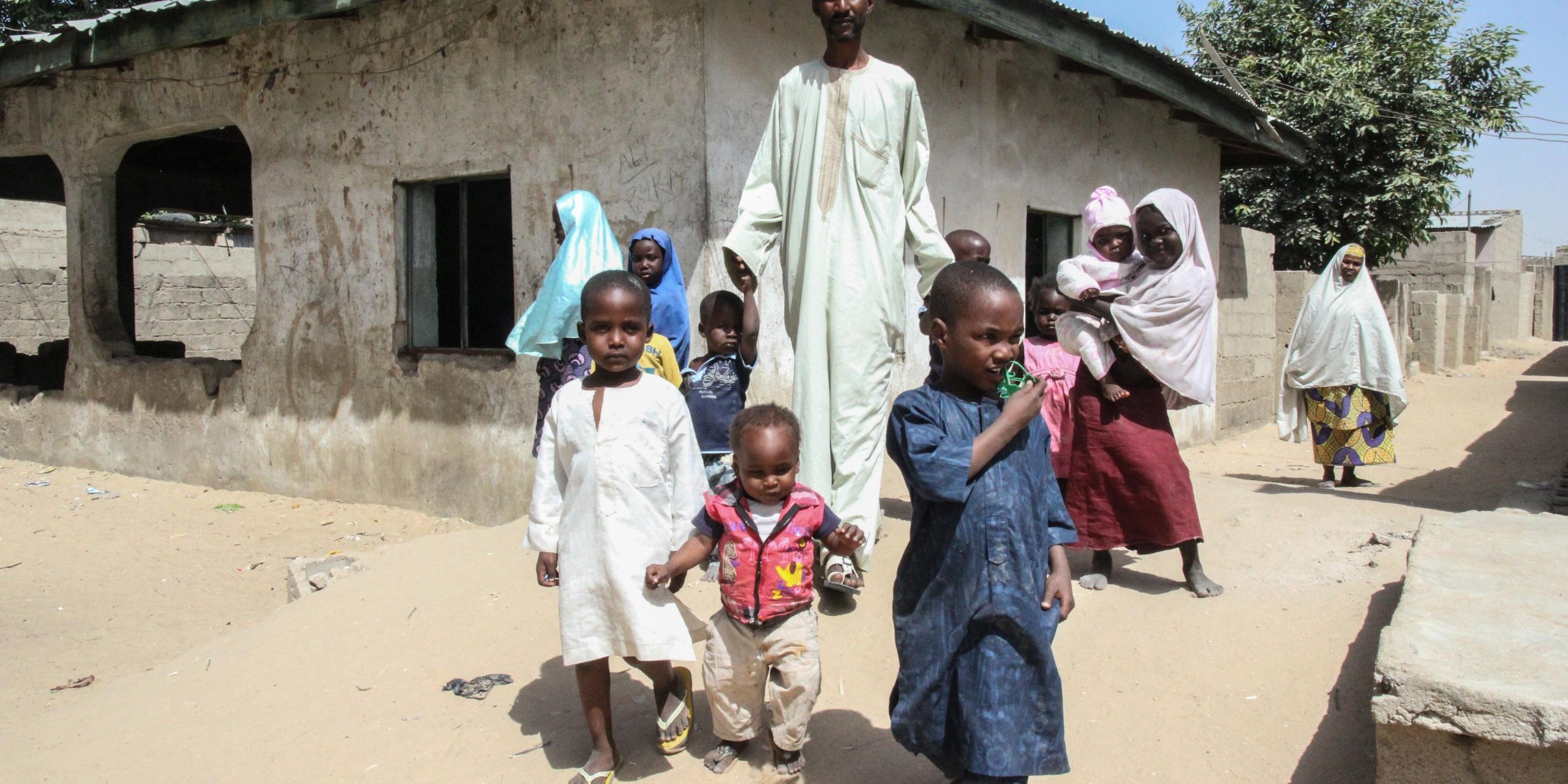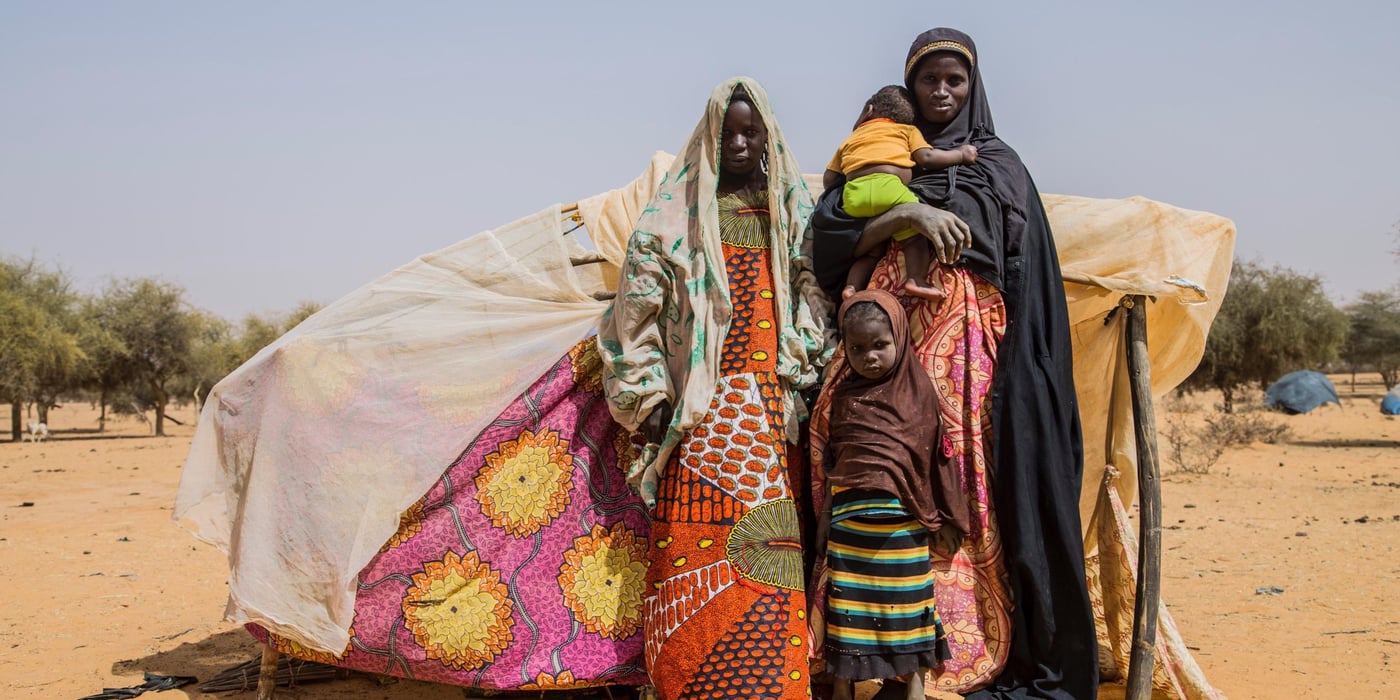
The protection consequences of the crisis include civilian deaths, destruction/damage to civilian infrastructure, widespread displacement, sexual and gender based violence, among others.The Lake Chad Basin is as much a protection crisis as it is a humanitarian emergency.
While a significant proportion of the displaced population remaining in rural areas and the majority of the people fleeing toward the urban centres being relatively wealthier households, the humanitarian response has continued to focus on delivering assistance to IDP settlements in urban areas.
The potentially more vulnerable households affected by the crisis in the Lake Chad Basin are so far not being reached by urgently needed assistance. More should be done to respond to the protection needs of people in the region as well as to prevent further harm.
"The focus on ending the insurgency in north east Nigeria and meeting humanitarian needs in the region should be complimented by the centrality of protection in all interventions, improved humanitarian access and stronger efforts towards addressing the underlying drivers of the crisis". Says Maria Wangechi, the NRC Country Director, Nigeria.




